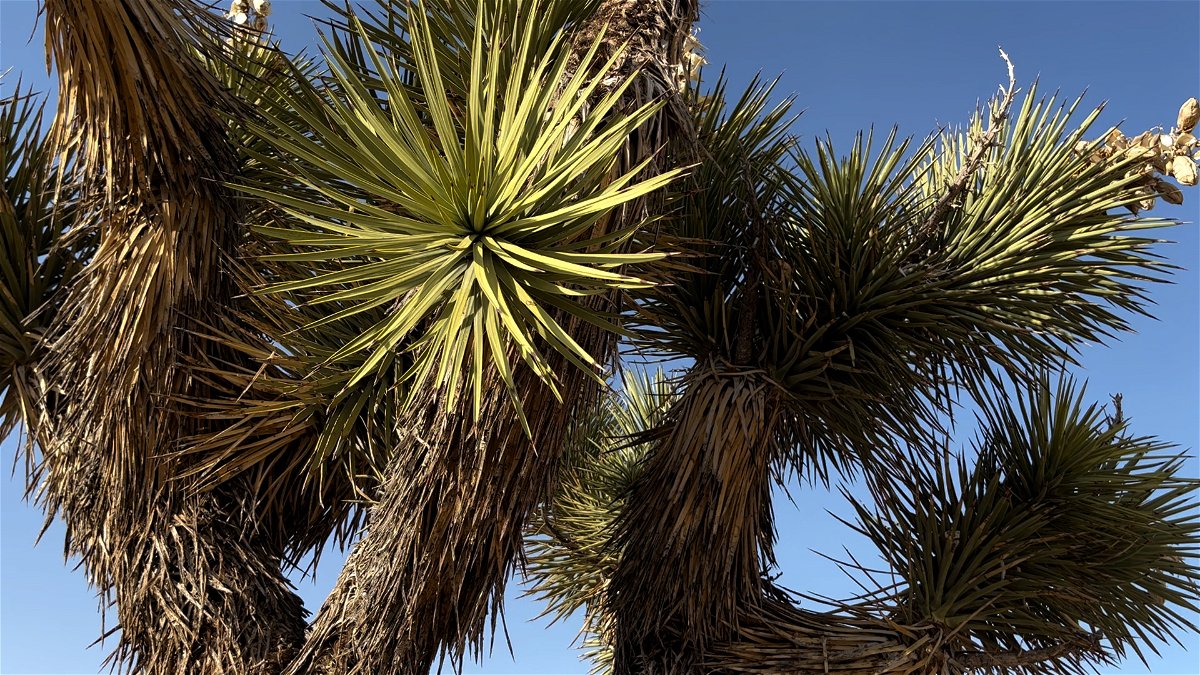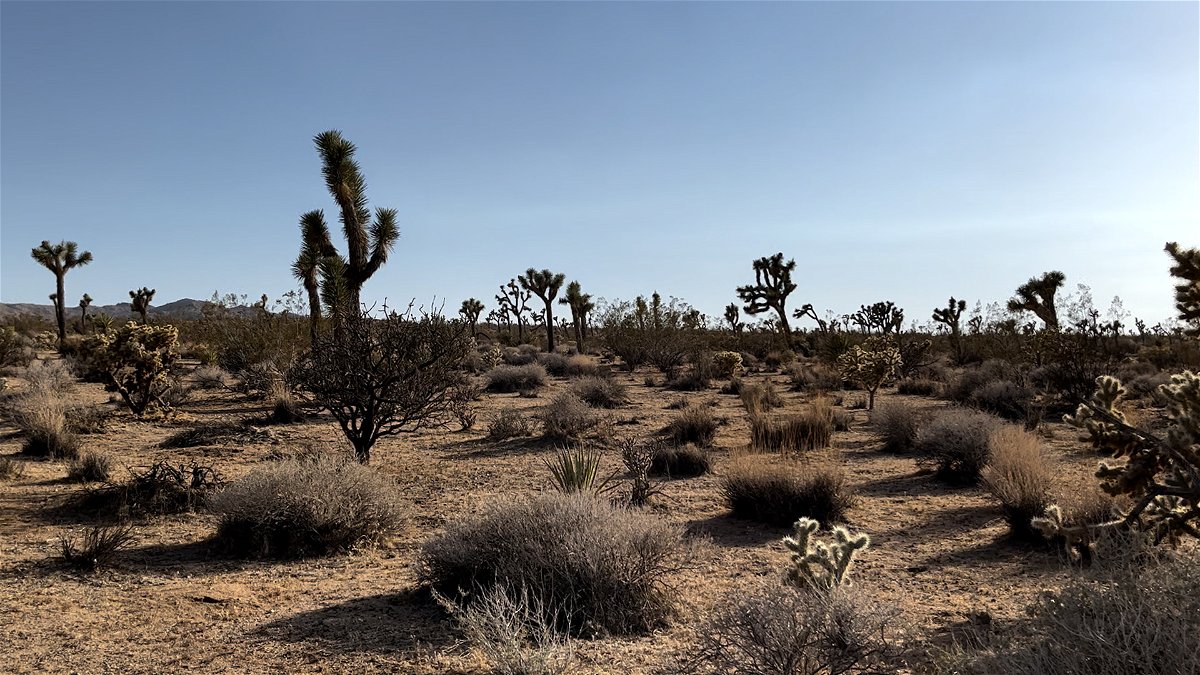Joshua tree protections vote delayed amid debate on environmental cost of economic development
The Western Joshua tree will not be listed as a 'threatened' species for now, after the California Fish and Game Commission decided to delay the vote on its designation.
People are rallying behind the tree’s protection, while others say it stunts business growth.

Some studies and advocates say Joshua trees are dying because of hotter and drier conditions. “Joshua trees, they're on a trajectory towards extinction by the end of the century.” Conservation Director of the Center of Biological Diversity, Brendan Cummings, started the petition to protect the trees. He says they're in danger.
“Studies have consistently shown with the evidence becoming ever stronger and more grim, that climate change is having devastating impacts on Joshua trees, it already is impacting them.”
The Department of Fish and Wildlife have recommended against the designation, saying the trees are abundant and widespread.

If the commission decides the trees are a threatened species, it would mean businesses, housing and other developments would need to build around them or go through an extensive process to obtain a permit.
“The law does not create an absolute ban, you can never kill a tree, you can never remove a tree. What it says is, you cannot do that without getting a permit from the state," Cummings explained.
However, this process could slow economic growth in areas where Joshua trees are common.
“It is not act as a stop of development. What endangered species protection does is ensure that any development that does occur is done in a more conscious and thoughtful way,” Cummings said.
Yucca Valley restaurant Yucca Kebab, who is surrounded by Joshua trees, told News Channel 3 they believe shops should be able to remove them and build.
“I think that they should be able to remove Joshua Trees and build something instead. They’ll be beneficial for the economy and the high desert. We would get more tourists and it would just get more people over here because it’s pretty much a dead area,” said Manager Assistant Tony Shama.
He told us he wants to see the High Desert bring in more people, and welcomes the idea of a growing community.
“I like, I like seeing people more active. Yeah, it’s pretty much like I said a dead area so past 9 or 8 o’clock at night, this town is dead. You don't see anyone or no one walking outside," Shama explained.
Joshua trees will remain protected in the meantime until the October meeting, when the commission will decide on whether to end or extend the current state protections.
